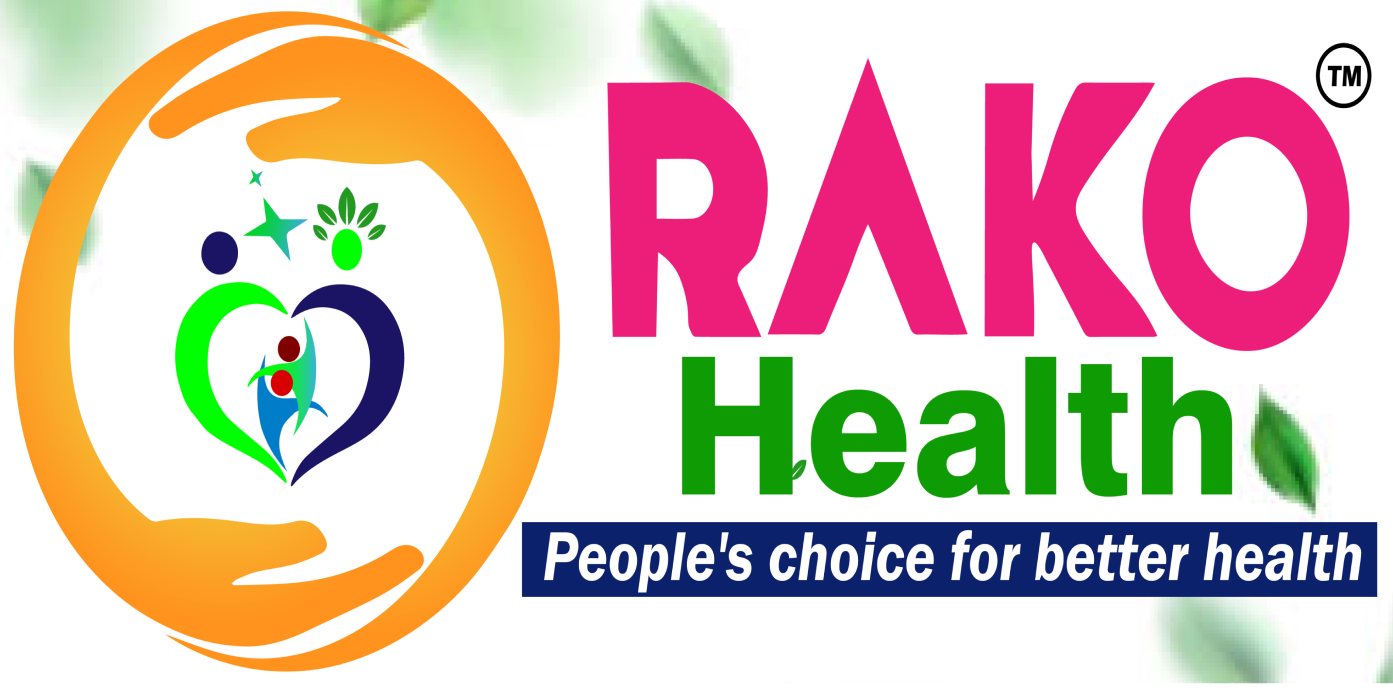Fatty liver disease occurs due to the accumulation of excess fat in the liver. Major risk factors include obesity, type 2 diabetes, PCOS, hypothyroidism, insulin resistance, high cholesterol, increased triglycerides, excessive alcohol consumption, poor diet, lack of physical activity, and certain medications.

Fatty liver disease is a growing health concern, often caused by poor diet and lifestyle choices. The good news is that with the right fatty liver diet plan, you can manage and even reverse this condition. This guide provides essential information on foods to include and avoid to improve liver function, reduce fat accumulation, and support overall well-being.
When following a diet for fatty liver, focus on whole foods that promote liver health, including:
Leafy Greens: Spinach, kale, and arugula help reduce fat buildup in the liver.
Lean Proteins: Chicken, fish, tofu, and legumes provide essential nutrients without excess fat.
Whole Grains: Quinoa, brown rice, and oats help regulate blood sugar levels and reduce fat storage.
Healthy Fats: Avocado, olive oil, nuts, and seeds support overall liver function.
Fruits: Berries, apples, citrus fruits, and papaya provide antioxidants and fiber.
Hydrating Fluids: Green tea, water, and herbal teas help detoxify the liver.
Avoid processed foods, excess sugar, trans fats, and alcohol.
Following a structured 7 day meal plan for fatty liver can significantly improve liver health by incorporating the right nutrients. Below is a general guide for a balanced approach:
Oatmeal with chia seeds and berries
Scrambled eggs with spinach and whole-grain toast
Greek yogurt with walnuts and blueberries
Chia pudding with almond milk and sliced bananas
Smoothie with banana, spinach, chia seeds, and almond milk
Whole-grain toast with avocado and boiled eggs
Scrambled tofu with whole-grain toast
Grilled salmon with quinoa and steamed broccoli
Brown rice with stir-fried tofu and vegetables
Whole wheat wrap with grilled chicken, avocado, and lettuce
Chickpea salad with olive oil dressing and a side of quinoa
Grilled shrimp with quinoa and steamed green beans
Lentil and vegetable soup with whole-grain crackers
Baked cod with steamed spinach and mashed sweet potatoes
Handful of almonds or walnuts
Greek yogurt with flaxseeds
Carrot and cucumber sticks with hummus
A small apple with almond butter
Celery sticks with peanut butter
Cucumber slices with guacamole
Green tea with a handful of mixed nuts
Lentil soup with a side of mixed greens
Baked sweet potato with black beans and avocado
Baked salmon with roasted Brussels sprouts and brown rice
Stir-fried tofu with mixed vegetables and brown rice
Grilled chicken salad with olive oil dressing
Quinoa salad with grilled chicken, cherry tomatoes, and olive oil dressing
Baked cod with steamed asparagus and quinoa
Fiber-Rich Foods: Fiber aids digestion and helps eliminate toxins from the body.
Antioxidant-Rich Foods: Foods like turmeric, ginger, and green tea reduce inflammation and oxidative stress.
Omega-3 Fatty Acids: Found in fish, flaxseeds, and walnuts, these help reduce liver fat levels.
Probiotics: Yogurt, kefir, and fermented vegetables improve gut health, which is closely linked to liver function.
Exercise Regularly: Engage in at least 30 minutes of moderate exercise daily to reduce liver fat.
Stay Hydrated: Drink plenty of water to support liver detoxification.
Manage Weight: Maintain a healthy weight through a balanced diet and physical activity.
Avoid Alcohol and Sugary Drinks: These contribute to liver fat buildup and inflammation.
Monitor Portion Sizes: Eating smaller, balanced meals can prevent overeating and promote digestion.
A well-balanced fatty liver diet plan combined with a 7 day meal plan for fatty liver can help improve liver health by incorporating nutrient-dense, anti-inflammatory foods. By following these dietary and lifestyle recommendations, you can lower fat accumulation in the liver and support overall wellness. Make sure to stay hydrated and engage in regular physical activity for optimal results.
Fatty liver disease occurs due to the accumulation of excess fat in the liver. Major risk factors include obesity, type 2 diabetes, PCOS, hypothyroidism, insulin resistance, high cholesterol, increased triglycerides, excessive alcohol consumption, poor diet, lack of physical activity, and certain medications.

At RAKO Health, we are dedicated to supporting you at every stage of your health journey.

WhatsApp us